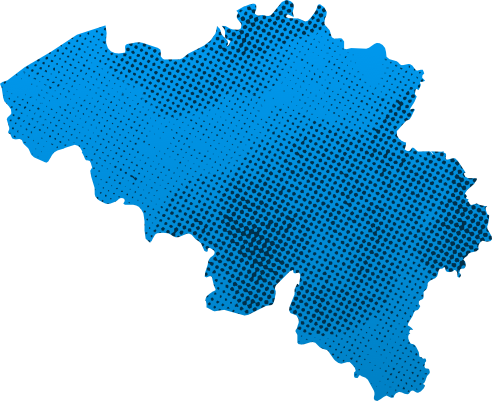
Volunteer statistics (ILO)*
Source: ILOSTATS. The data is collected by ILO from national statistical offices. As national statistics on volunteer work are produced using a variety of approaches and tools, direct and cross-country comparisons are not recommended. For more information, visit https://ilostat.ilo.org/topics/volunteer-work/
Total volunteering by gender
Direct volunteering by gender
Organization-based volunteering by gender
Measurement work
Data source
- 2007
- 2008
- 2009
- 2010
- 2011
- 2012
-
2013
- Time Use Survey
-
2014
- Labour Force Survey
-
2015
- Social Survey
- 2016
- 2017
- 2018
-
2019
- Labour Force Survey
- 2020
- 2021
- 2022
- 2023
- 2024
- 2025
- 2026
Laws, Policies, Schemes on Volunteering
Does the country have a piece of legislation on volunteering?
Does the country have a national policy, scheme, plan or strategy specific to volunteering?
No data
Does the country have a sectoral and cross-sectoral policy, scheme, plan or strategy that mentions volunteering?
NoVNR Reporting
Pathways to Sustainable Development First Belgian National Voluntary Review on the Implementation of the 2030 Agenda
View sourceReporting positive contribution of volunteering to the SDGs
Paragraph 1, page 36
The Belgian association Ex-ChangeExpertise sends expert volunteers to various African countries to transfer competences in finance (to microcredit structures), hospitality services, SME training, agronomy (to cooperatives) and epidemiology (8.3).
No mentionVoluntary National Review 2023
View sourceReporting positive contribution of volunteering to the SDGs
Paragraph 1, page 113
Larger municipalities tend to have higher poverty rates and therefore undertake various initiatives, including in the context of free time. For example, the city of Genk (more than 67,000 inhabitants) organises volunteer talent coaches who explore various leisure activities with preschoolers from vulnerable families (e.g., newcomers). The coach tailors their approach to the family and makes every decision in consultation with the parents according to the self-reliance of the child after the course. The city government provides training for the coaches and works with various partners to direct families toward the project.
Paragraph 2, page 114
Another example is the 'Caring Neigbourhoods', in which 133 Flemish and Brussels municipalities participate. The programme focuses on strengthening the social fabric and solidarity, connecting informal and formal care and intersectoral cooperation (e.g. welfare partners, housing, youth, spatial planning). During the corona pandemic, municipal governments took additional measures to ensure much-needed civic services. Volunteers or municipal staff called elderly residents, and municipalities set up emergency hotlines for residents in need of a chat. In this way, municipalities tackled loneliness and identified care needs.
